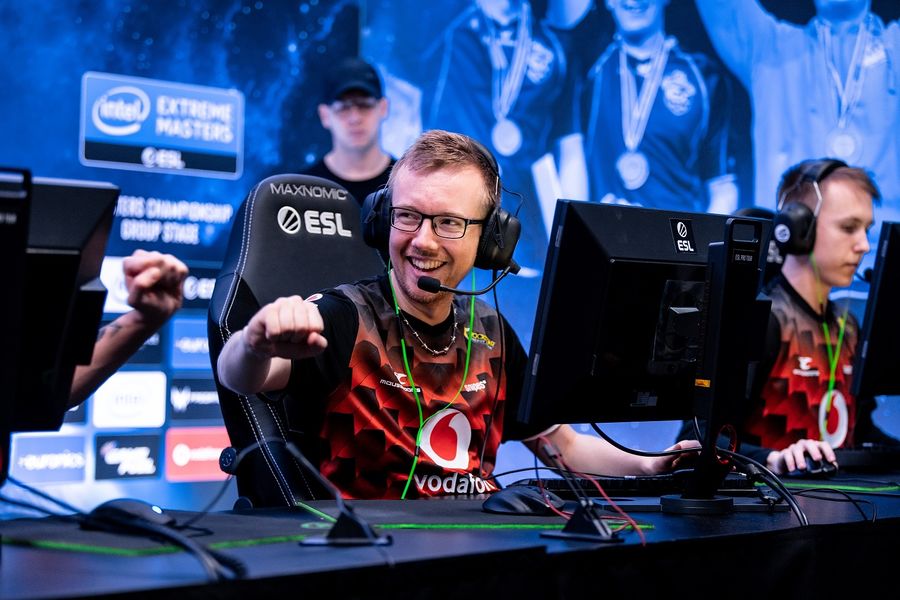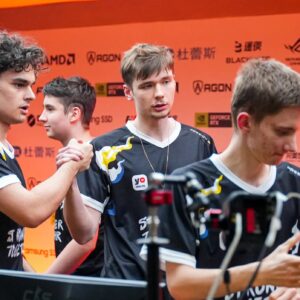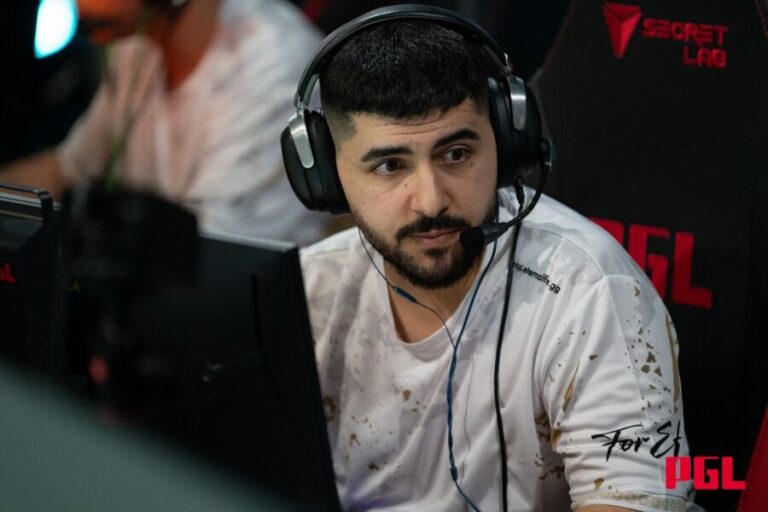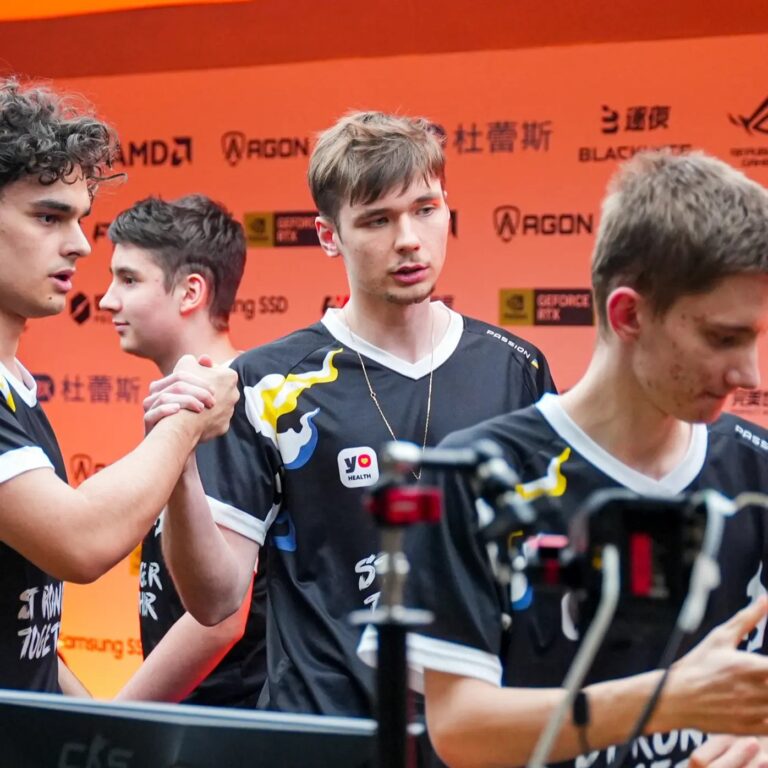The esports world recently revisited an intriguing story about chrisJ, the Dutch Counter-Strike player, who received a staggering $240,000 while benched at MOUZ. The revelation came during a stream by leninw, where lmbt and Sergiz discussed the challenges faced by Kvem from IKLA, sparking widespread discussion about long-term contracts and their implications.
The case of chrisJ showcases how esports organizations sometimes handle substitute players. Despite not participating in official matches, chrisJ received a monthly salary of $20,000, effectively turning his role into that of a streamer under contract. His situation illustrates an unusual approach where professional players remain inactive competitively yet earn full pay.
ChrisJ had been a key figure for MOUZ since 2013, often serving as the team’s captain. However, his competitive career with the organization began to falter in 2020, leading to his benching. While inactive, he transitioned to streaming, as the organization made little effort to transfer him to another team. The total payout of $240,000 over the year raised questions about the practicality of such agreements and the balance between player contracts and competitive involvement.
The story surfaced during a conversation on stream, where lmbt revealed that chrisJ had earned $20,000 per month without playing any matches. This sparked a discussion about the challenges of lengthy contracts in esports, which can sometimes hinder players’ careers while straining organizations’ budgets.
This situation shines a light on the broader implications for the esports industry, emphasizing the need for transparent contracts and more proactive collaboration between players and teams. The MOUZ example highlights how mishandled agreements can impact not just individual careers but also the financial and reputational health of esports organizations and leagues as a whole.












